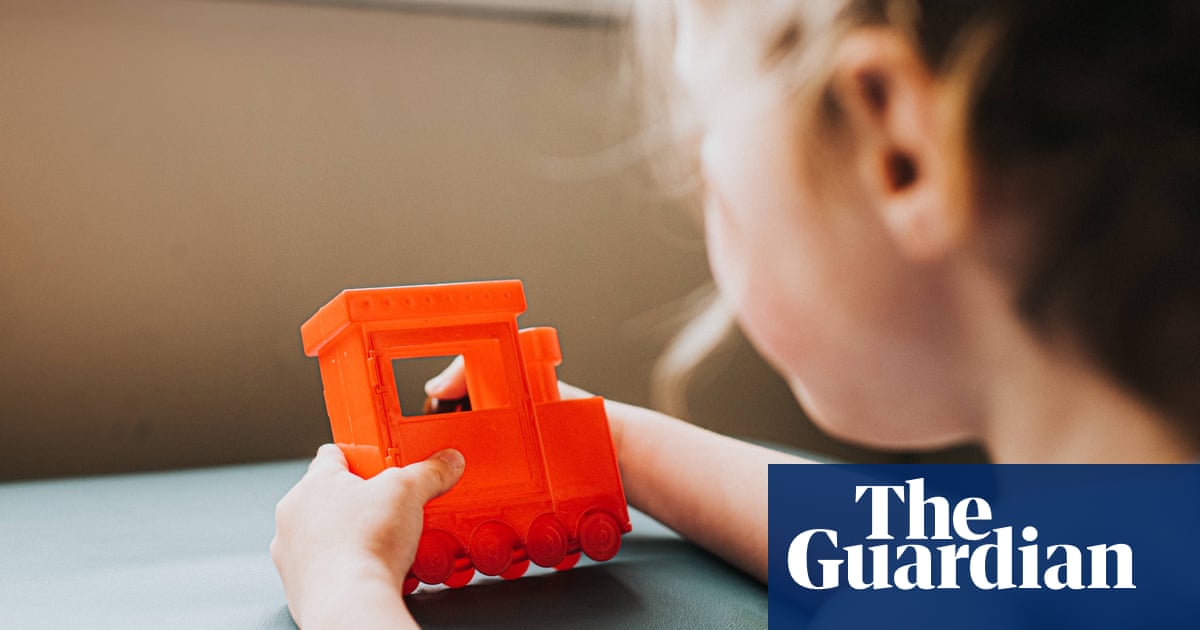- cross-posted to:
- [email protected]
- cross-posted to:
- [email protected]
Studies find red, blue and green plastic decomposes into microplastic particles faster than plainer colours
Retailers are being urged to stop making everyday products such as drinks bottles, outdoor furniture and toys out of brightly coloured plastic after researchers found it degrades into microplastics faster than plainer colours.
Red, blue and green plastic became “very brittle and fragmented”, while black, white and silver samples were “largely unaffected” over a three-year period, according to the findings of the University of Leicester-led project.
The scale of environmental pollution caused by plastic waste means that microplastics, or tiny plastic particles, are everywhere. Indeed, they were recently found in human testicles, with scientists suggesting a possible link to declining sperm counts in men.



Is anyone making that argument? My thoughts are that we should reduce plastics (both macro amd micro) entering the ecosystem.
As 22% ends up as litter and directly enters the ecosystem, and 49% is put in landfill (which may enter the ecosystem later) is seems using less plastic is the best solution to this problem.
Edit: I forgot the link:
https://www.oecd.org/environment/plastic-pollution-is-growing-relentlessly-as-waste-management-and-recycling-fall-short.htm
We can and should use less plastic and also limit the rate of micro plastics…?